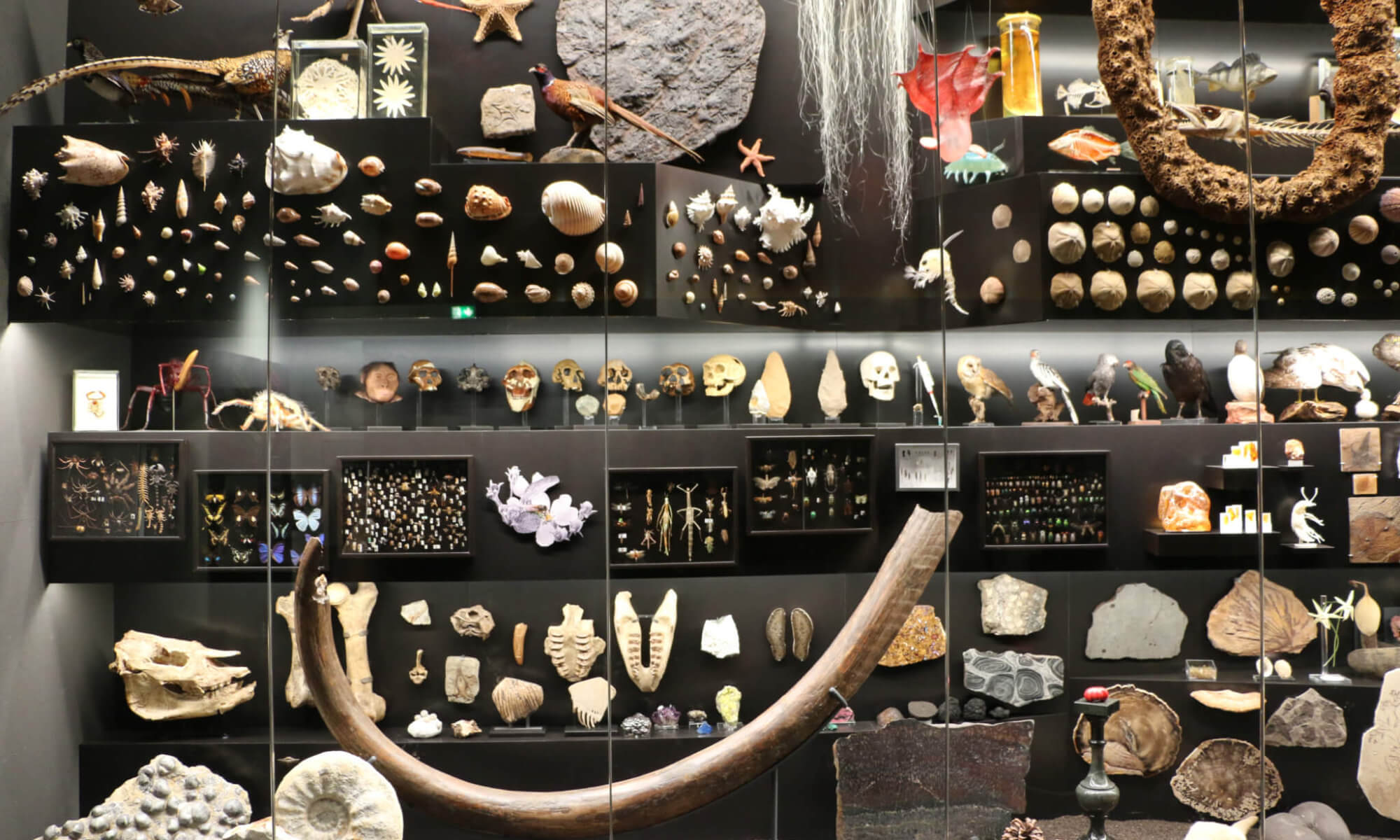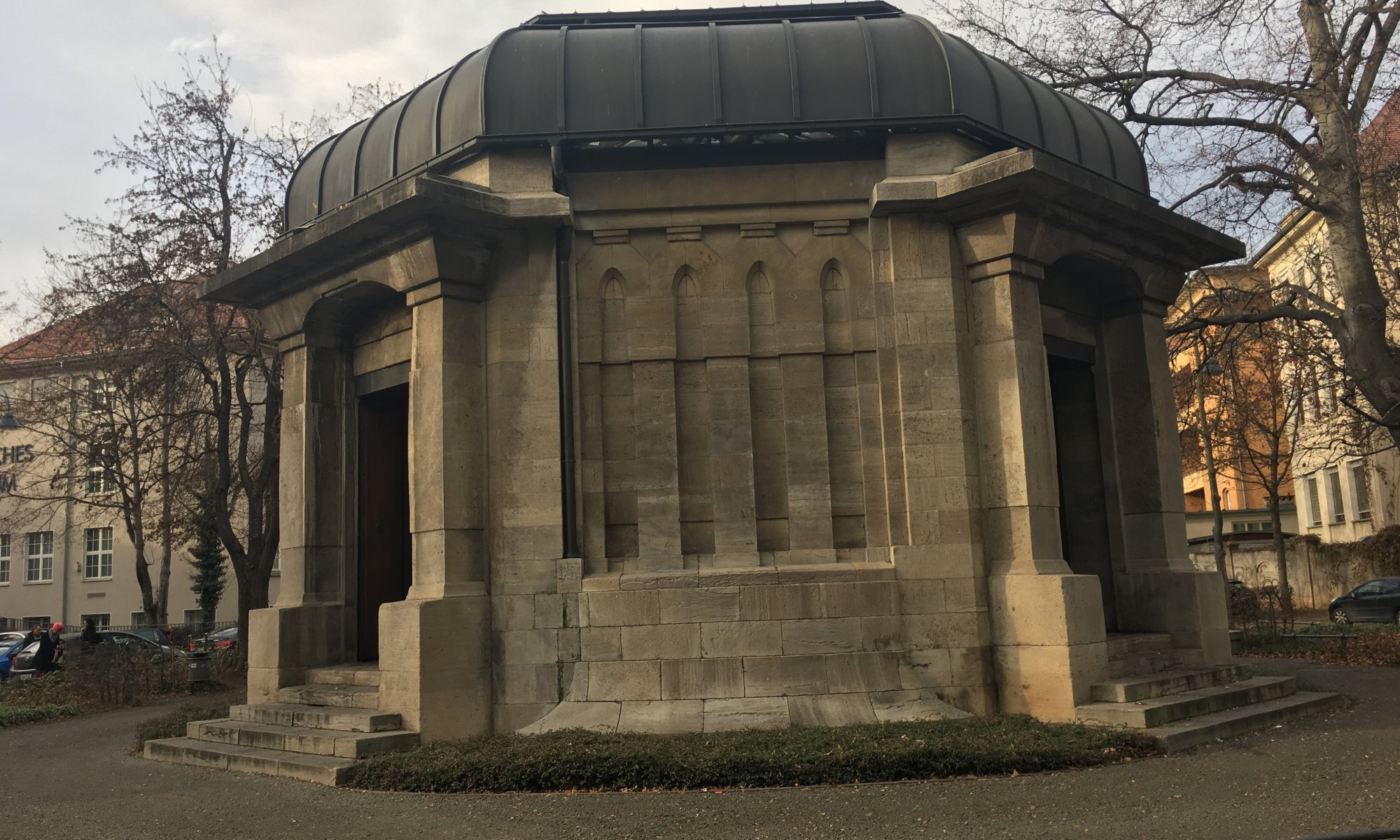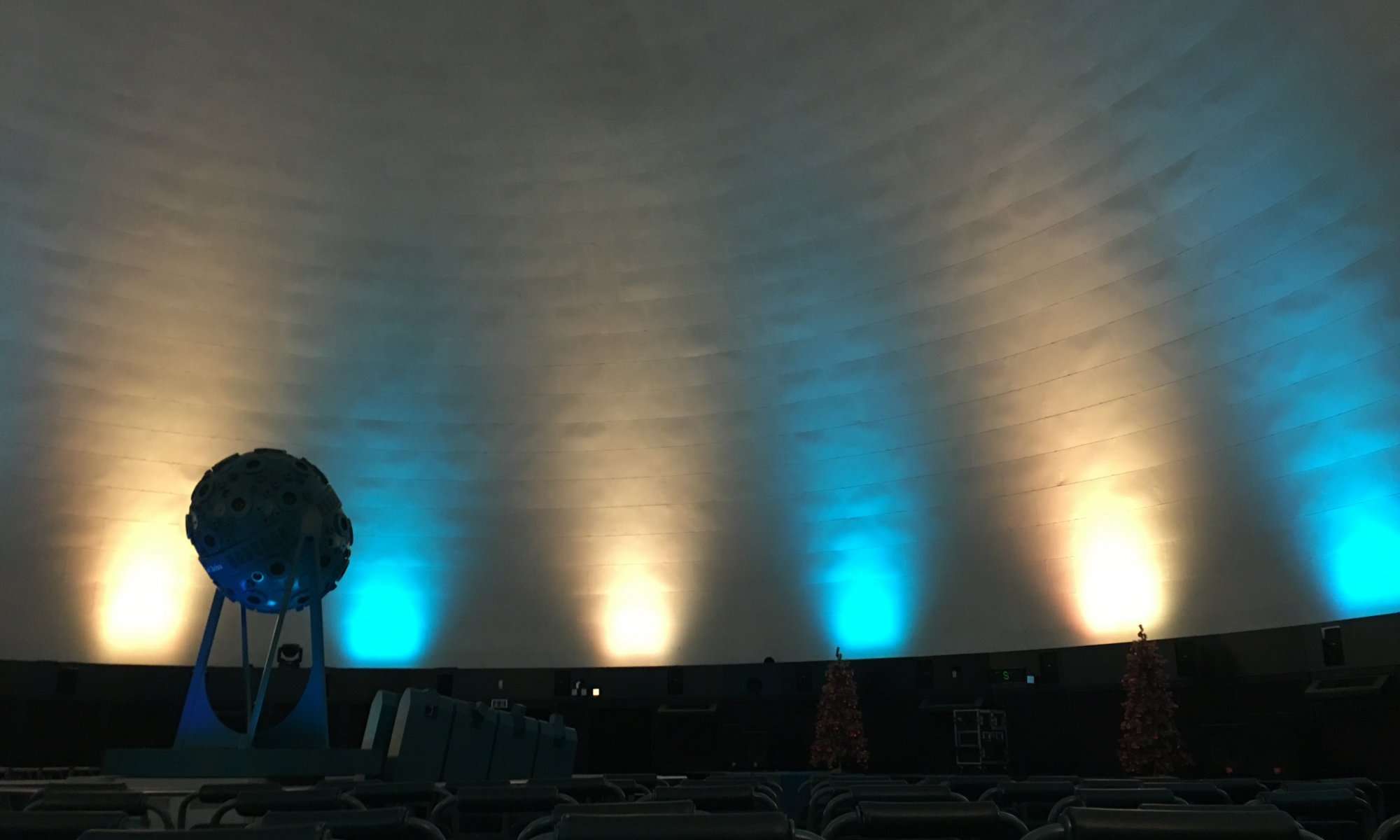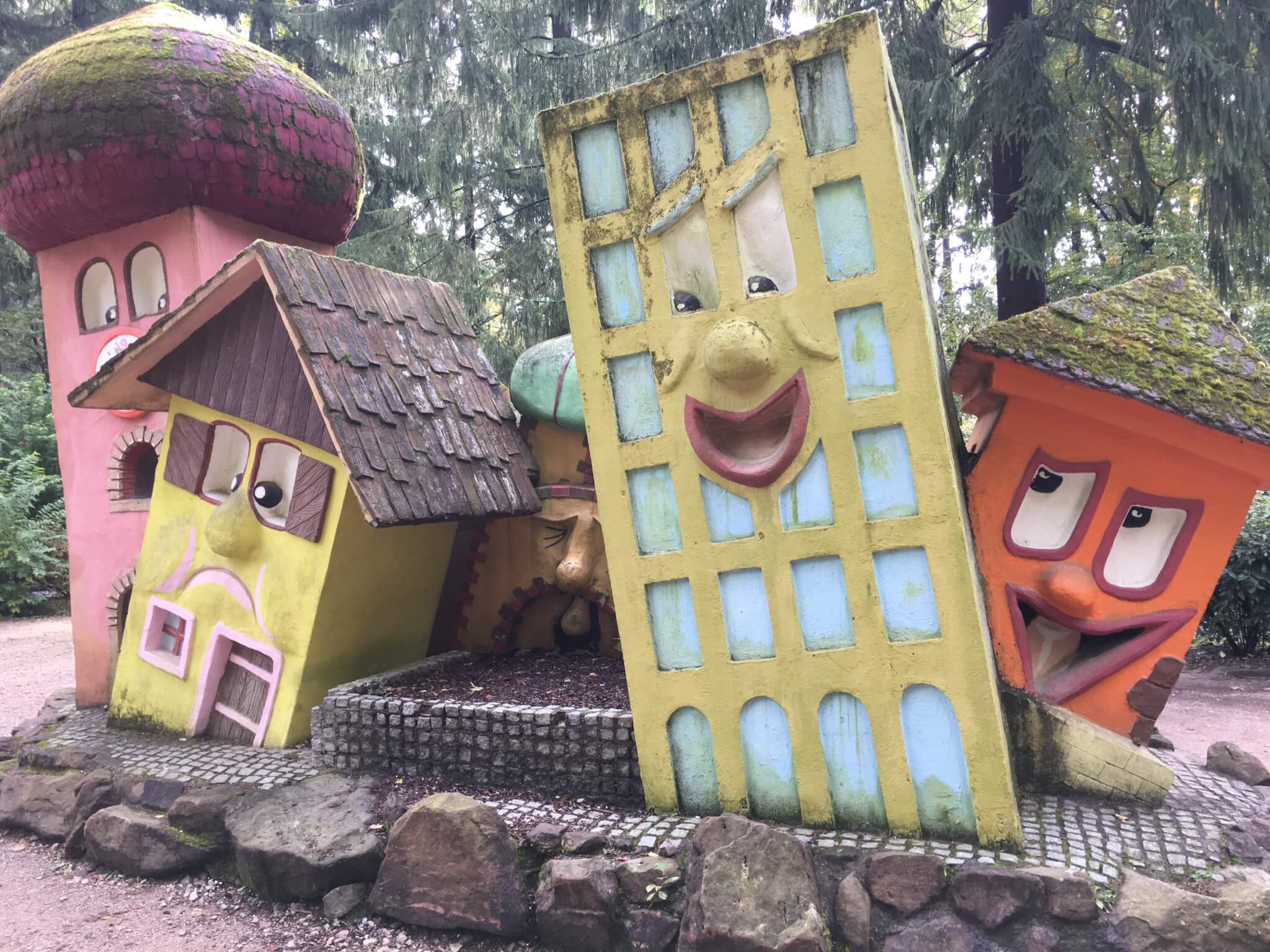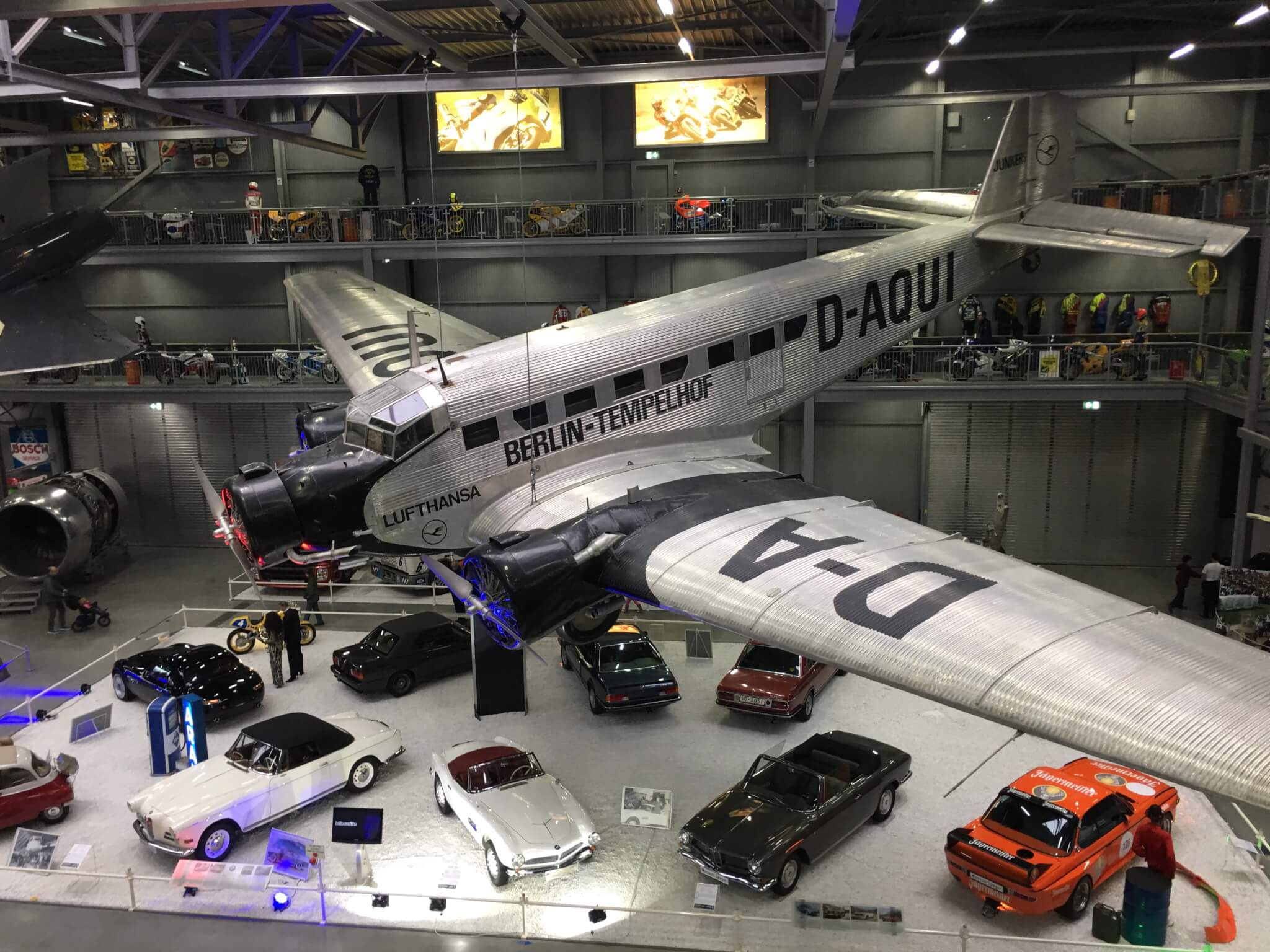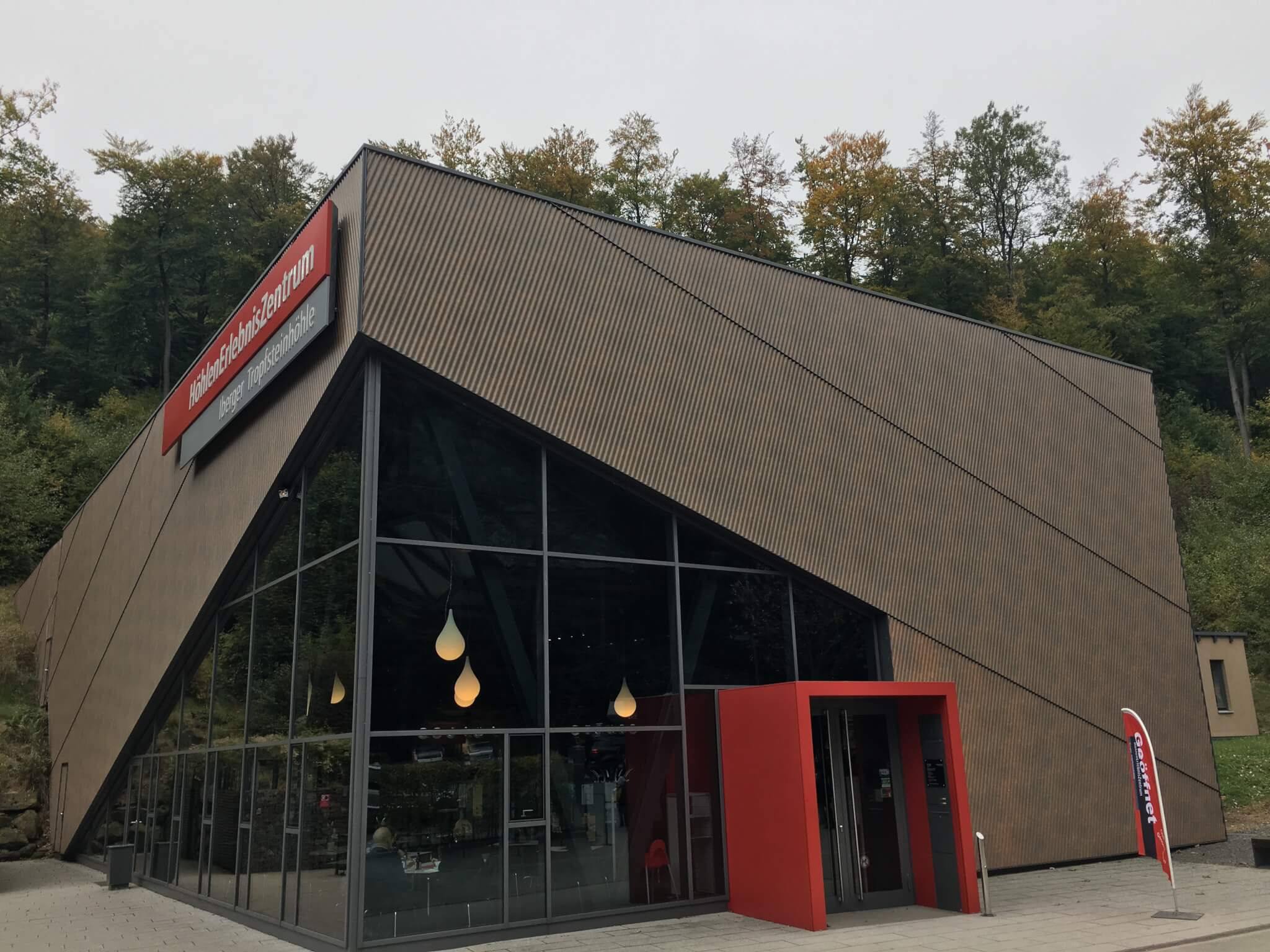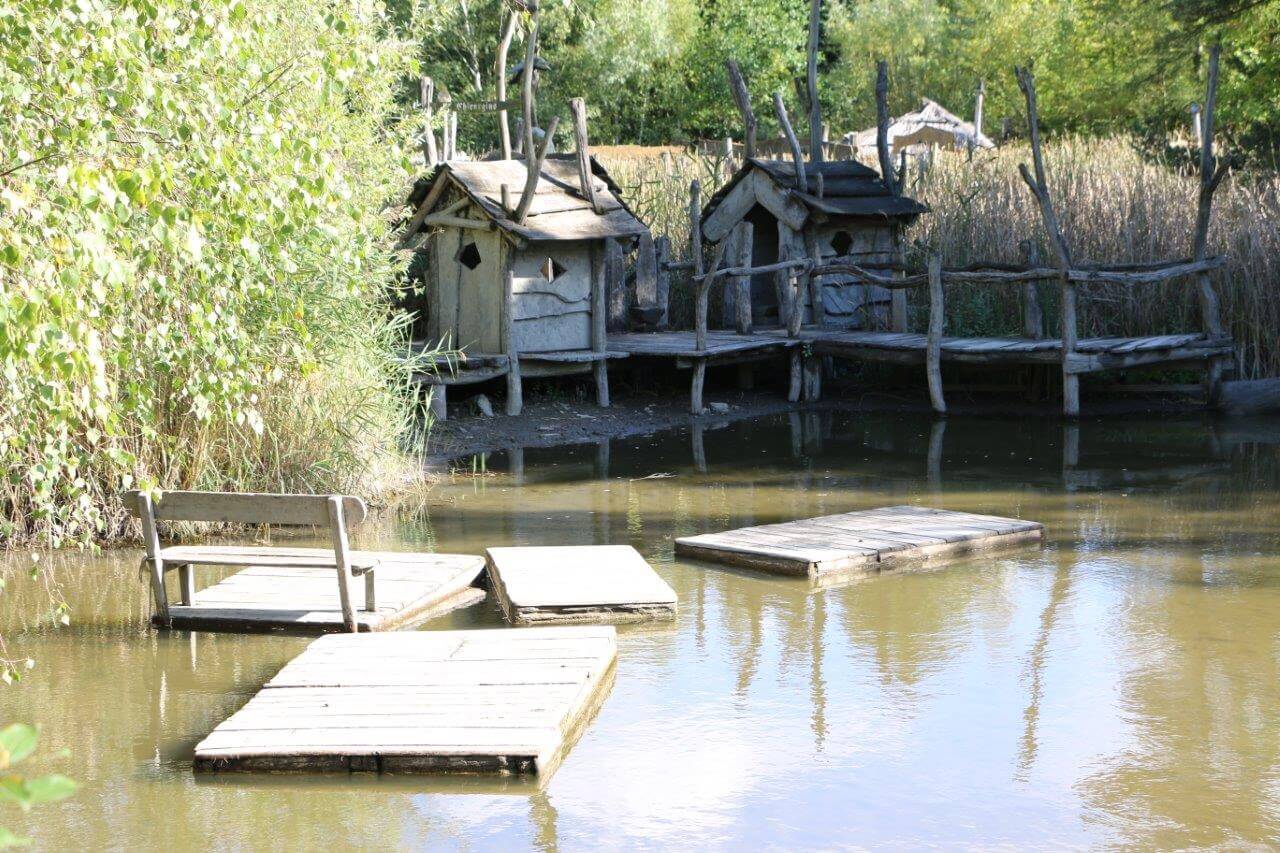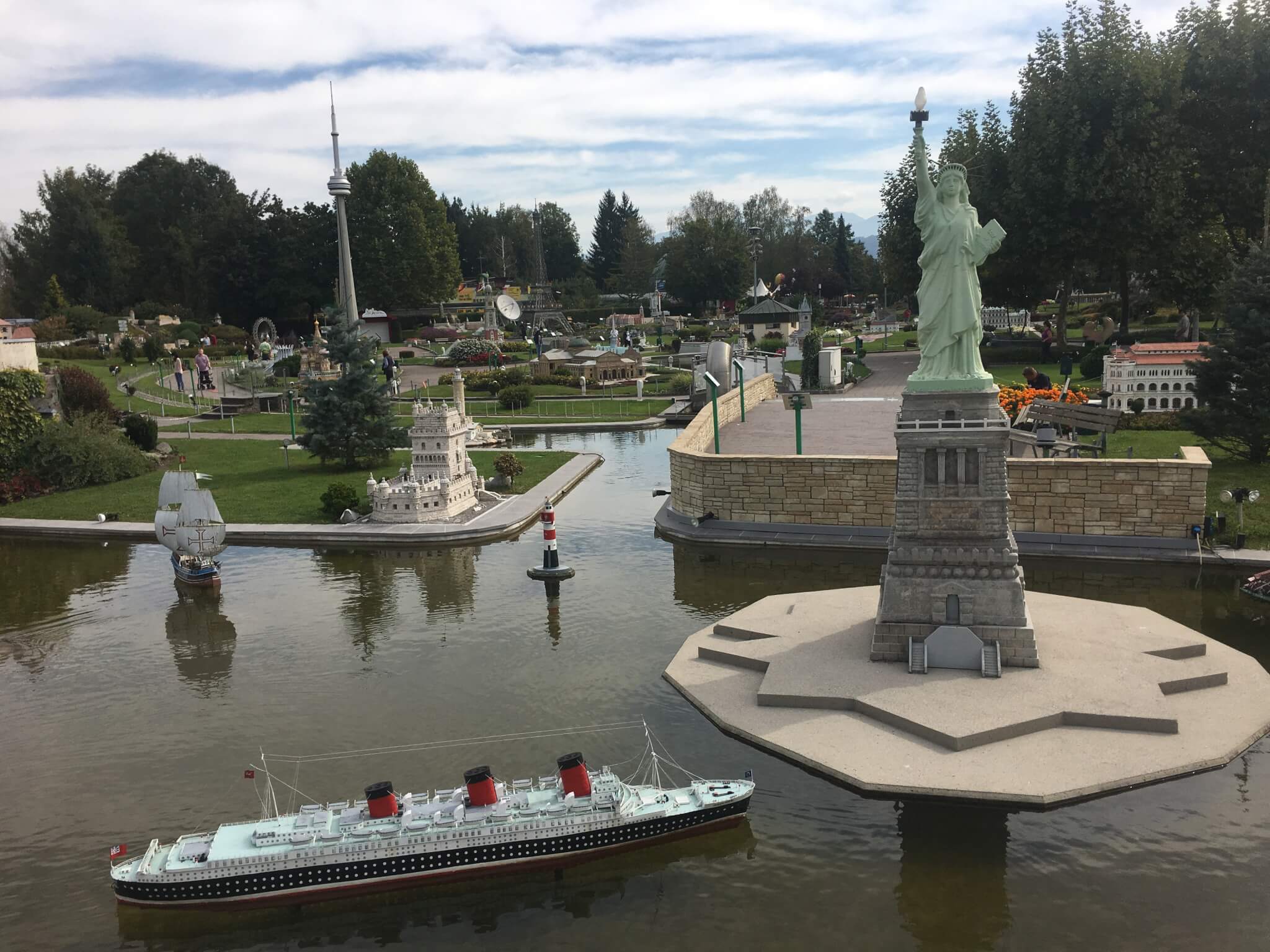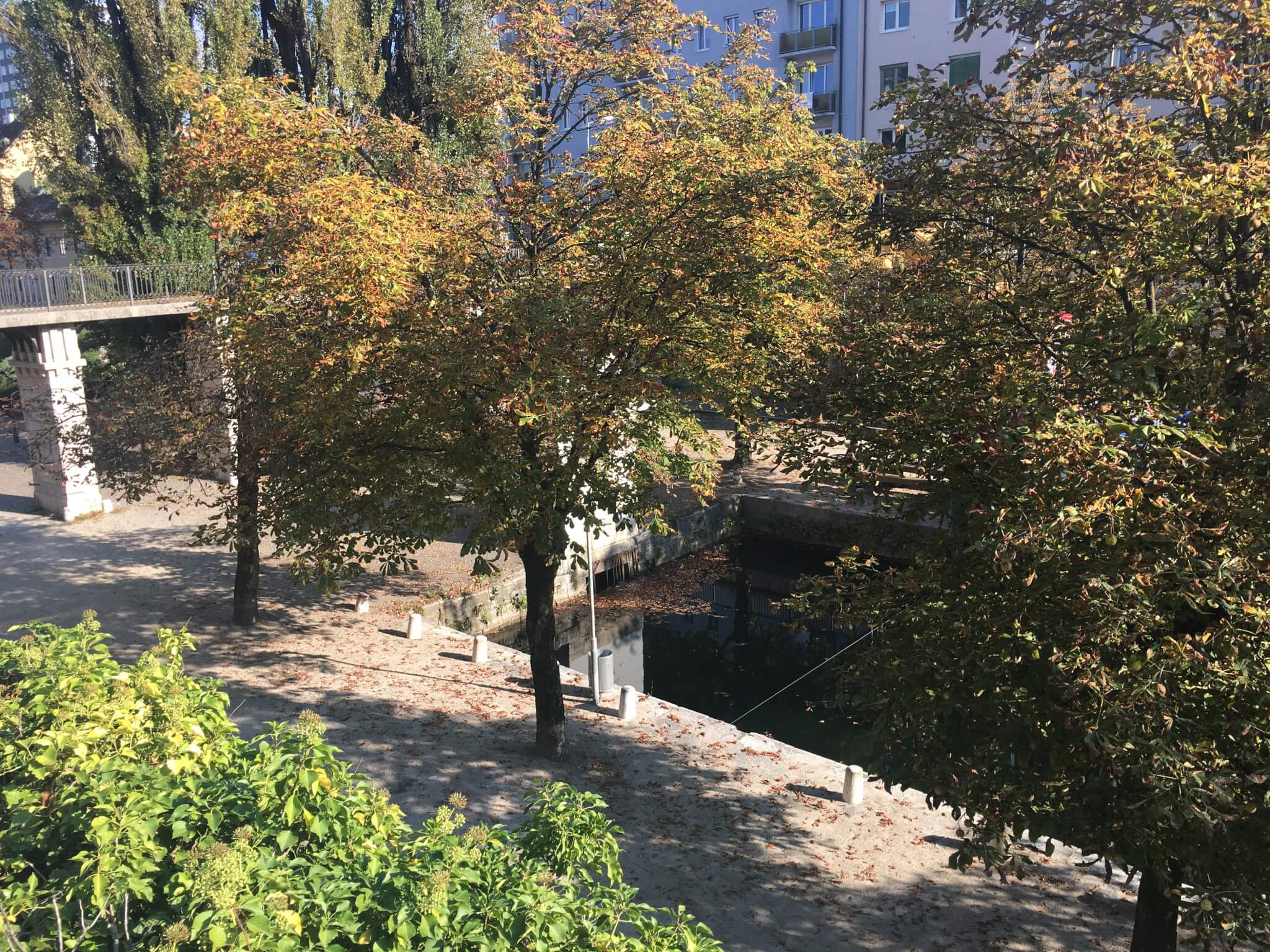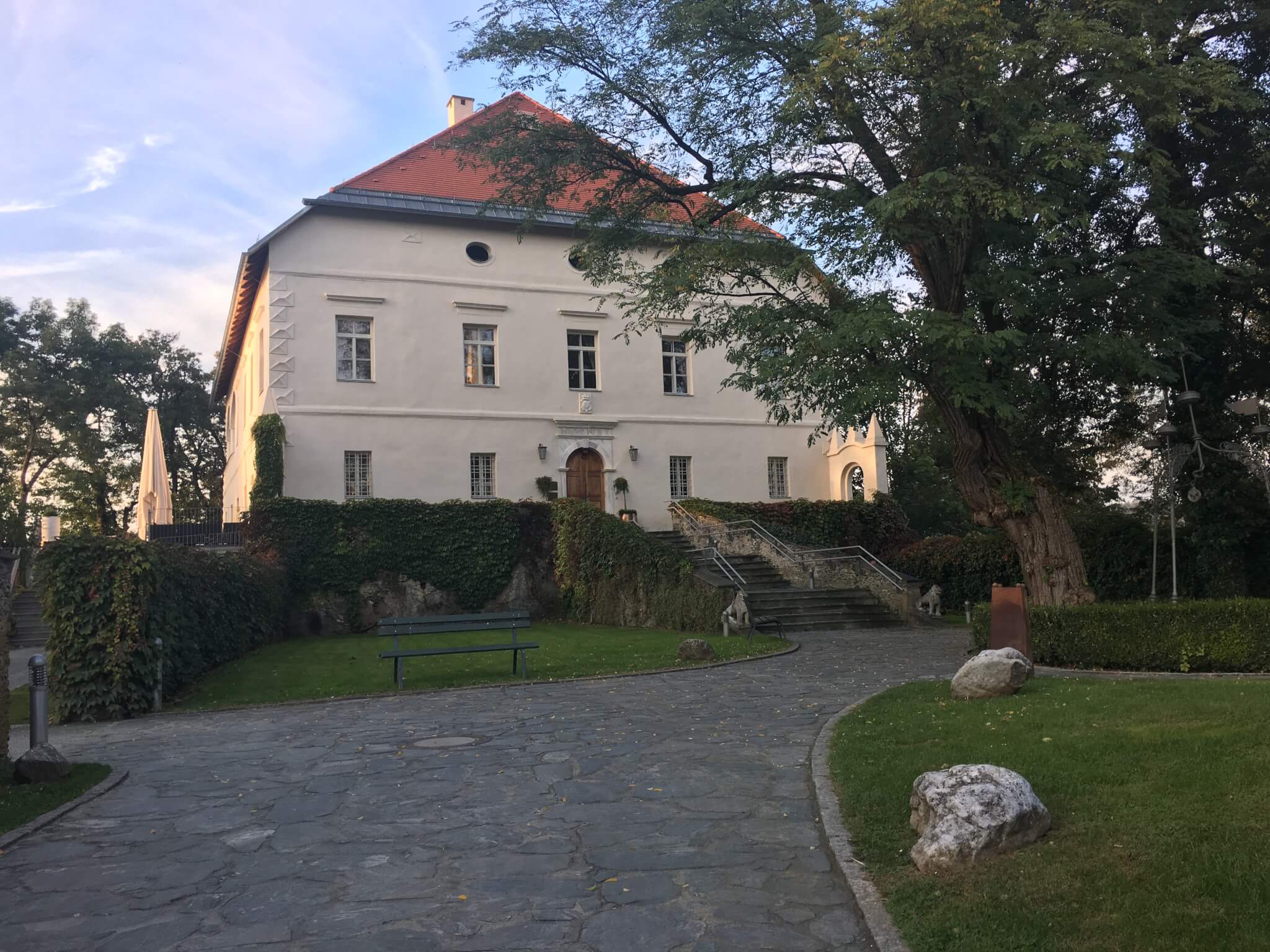In the past I found frequently streets and place named after Ernst Abbe, especially when travelling in the east of Germany. In Jena, Germany I stumbled upon an Ernst Abbe memorial, close the Optisches Museum and the JenTower. It was built from 1908 on to remember the professor and social reformer. Continue reading “Ernst Abbe memorial “
Carl-Zeiss-Planetarium
The planetarium of Jena, Germany is named after the famous physicist Carl Zeiss and located close to the city center, next to the botanical garden. It is the worlds oldest planetarium dating back to 1926. Planets and stars are projected onto the inner side of a huge dome. Continue reading “Carl-Zeiss-Planetarium”
Fairy-tale mountain
Heidelberg, Germany is a wonderful city. If you take a walk through the shopping zone and the old city center you’ll arrive at a place directly underneath the mountain Königstuhl. A mountain railway takes you to the beautiful and romantic castle ruin of Heidelberg und you can go further on to the top of the mountain. Here you’ll not only find beautiful views on the valley but also the “Märchenparadies“. Continue reading “Fairy-tale mountain”
Technikmuseum
The Technikmuseum is a technology museum with branches in Sinsheim and Speyer, Germany. You can take a look at old planes, cars, trains, ships, a submarine and a space ship. Most of these vehicles are arranged in a way that you can climb into them and explore them. Continue reading “Technikmuseum”
Iberger Tropfsteinhöhle
The “Iberger Tropfsteinhöhle” is a flowstone cave in Iberg near Bad Grund, Germany. It consists of a museum in front of the mountain (showing exhibits from a smaller cave), a small museum within the access tunnel and the flowstone cave itself. The cave is rather short, it is a circle course and you have to climb 100 old stone stairs – it is used for tourism since 1911. Continue reading “Iberger Tropfsteinhöhle”
Family adventures
The Familienpark Sottrum is a theme park located in Sottrum, belonging to Holle, close to Hildesheim, Germany. It is special as it doesn’t contain any electric devices (apart from two air pumps for inflatable jumpers). On 18 hectares you can find different theme locations and paths – from water playgrounds to floats and climbing walls.
Continue reading “Family adventures”Minimundus
The miniature world “Minimundus” in Klagenfurt, Austria allows you to travel the world on budget. It is an outdoor park on 26.000 m² with 156 reproductions of famous buildings from all around the world (in scale 1:25) and some railways running on tracks. You can visit the Statue of Liberty, the Tour Eiffel, the Chinese Wall and the Vatican Palace. Continue reading “Minimundus”
The Lindwurm
The Lindwurm statue can be found in the center of Klagenfurt, Austria and it is the icon of the city. You can find it on public buildings, cars and envelopes. A myth tells that in the area now covered by Klagenfurt there was once a dragon-like giant worm causing people walking into this area to disappear. Continue reading “The Lindwurm”
Lendkanal & Lendhafen
The center of Klagenfurt, Austria is located about four kilometers afar from the Wörthersee. To bring water to the city fortifications and to make transport and trade easier, the Lendkanal was created in the 16th century CE. This artifical waterway starts close to the castle Maria Loretto at the shore of the Wörthersee and ends near the Heiligengeistplatz in the city center. Continue reading “Lendkanal & Lendhafen”
Schloß Maria Loretto
The castle Maria Loretto in Klagenfurt, Austria is located on a peninsula of the Wörthersee once being an island. It has been built in the 18th century CE and it is a landmark of Klagenfurt. Currently it is mainly used as an event location. Continue reading “Schloß Maria Loretto”
